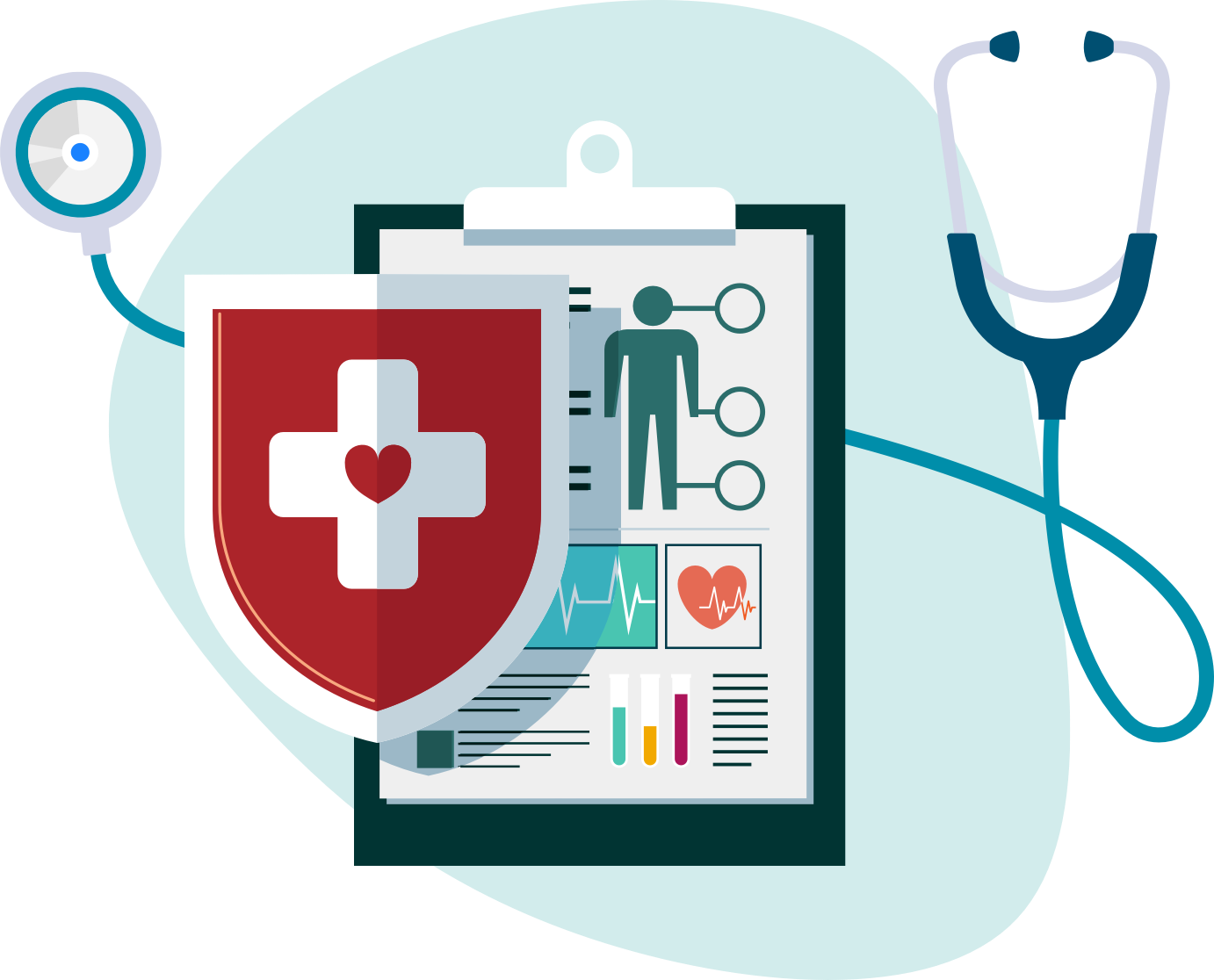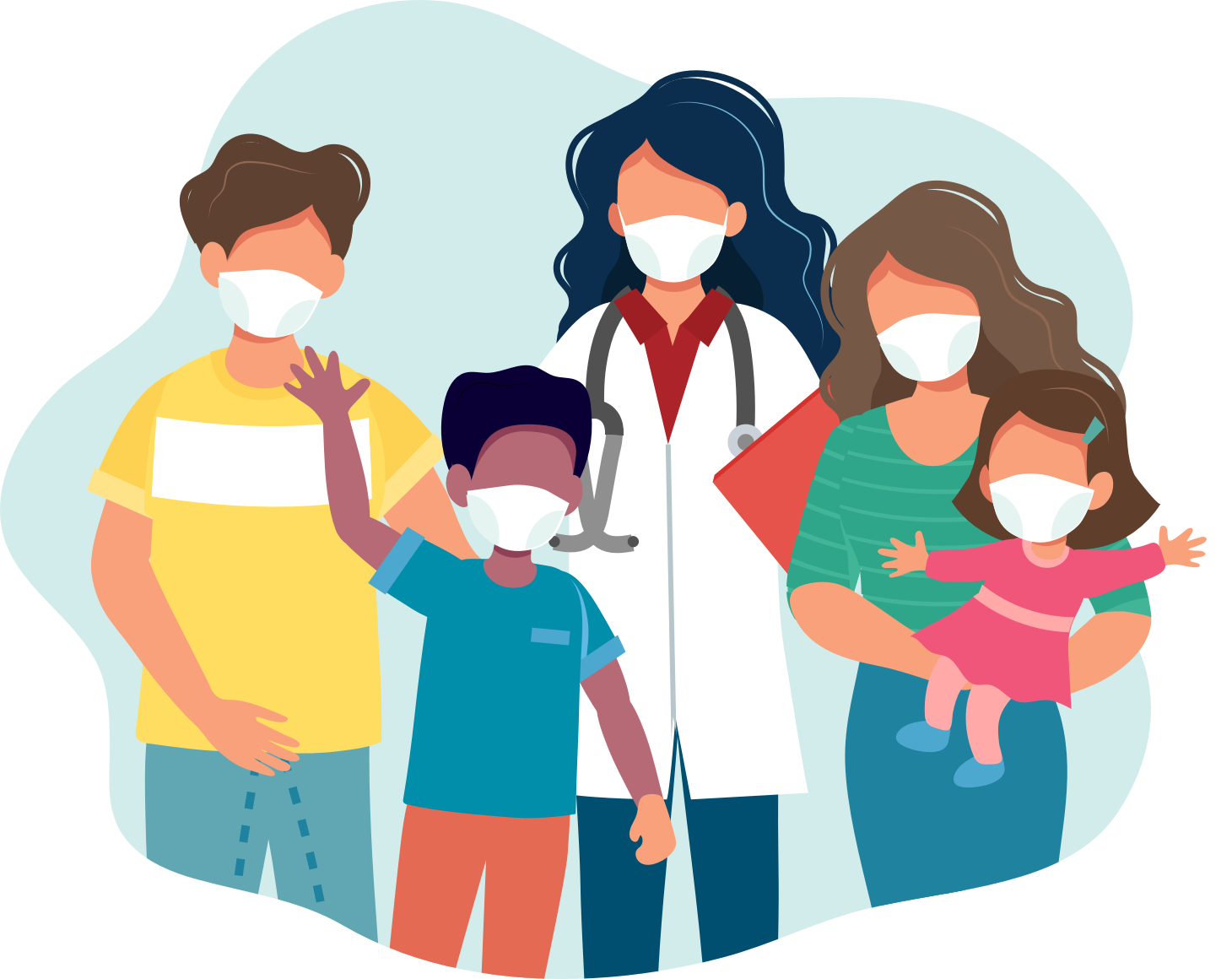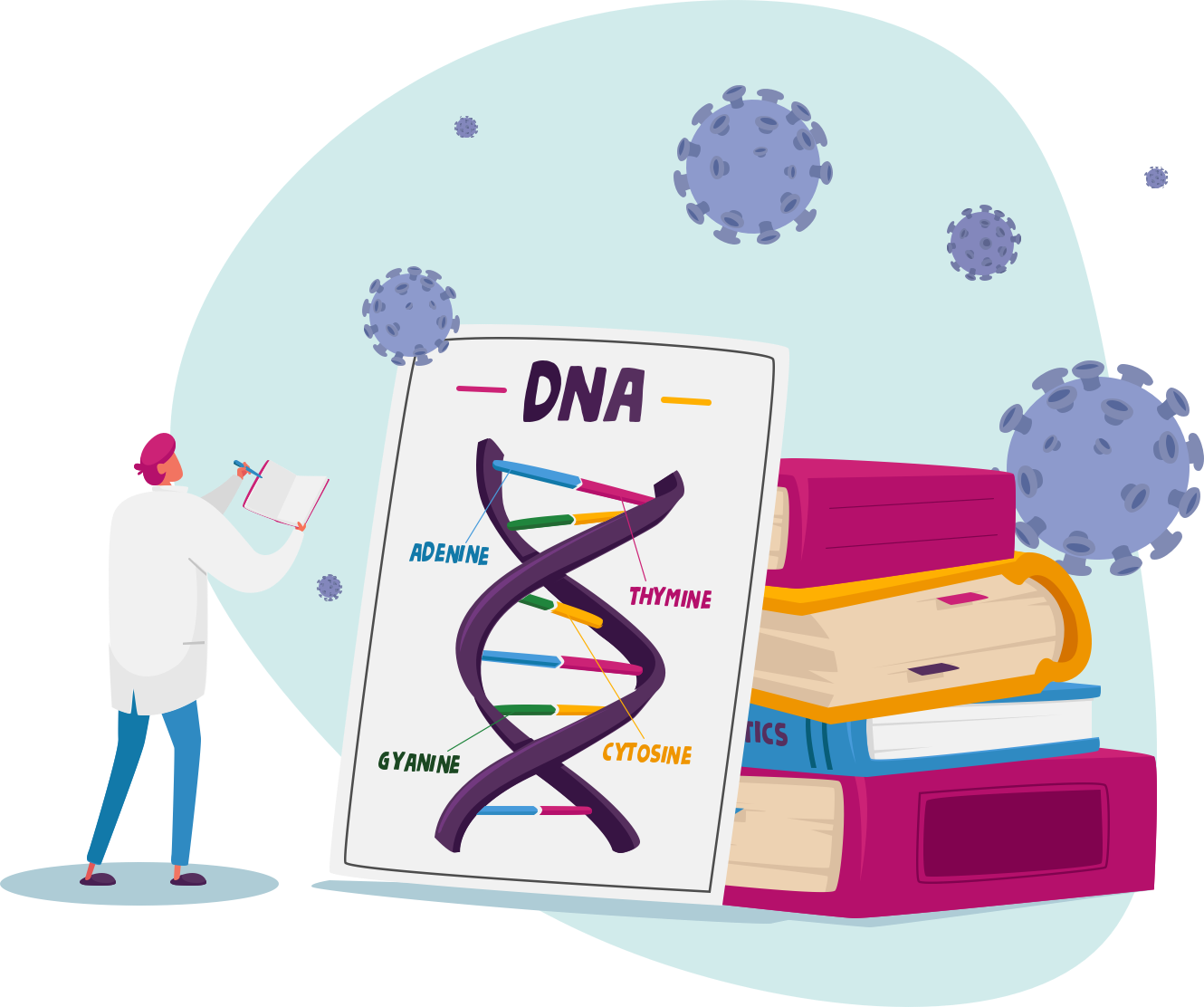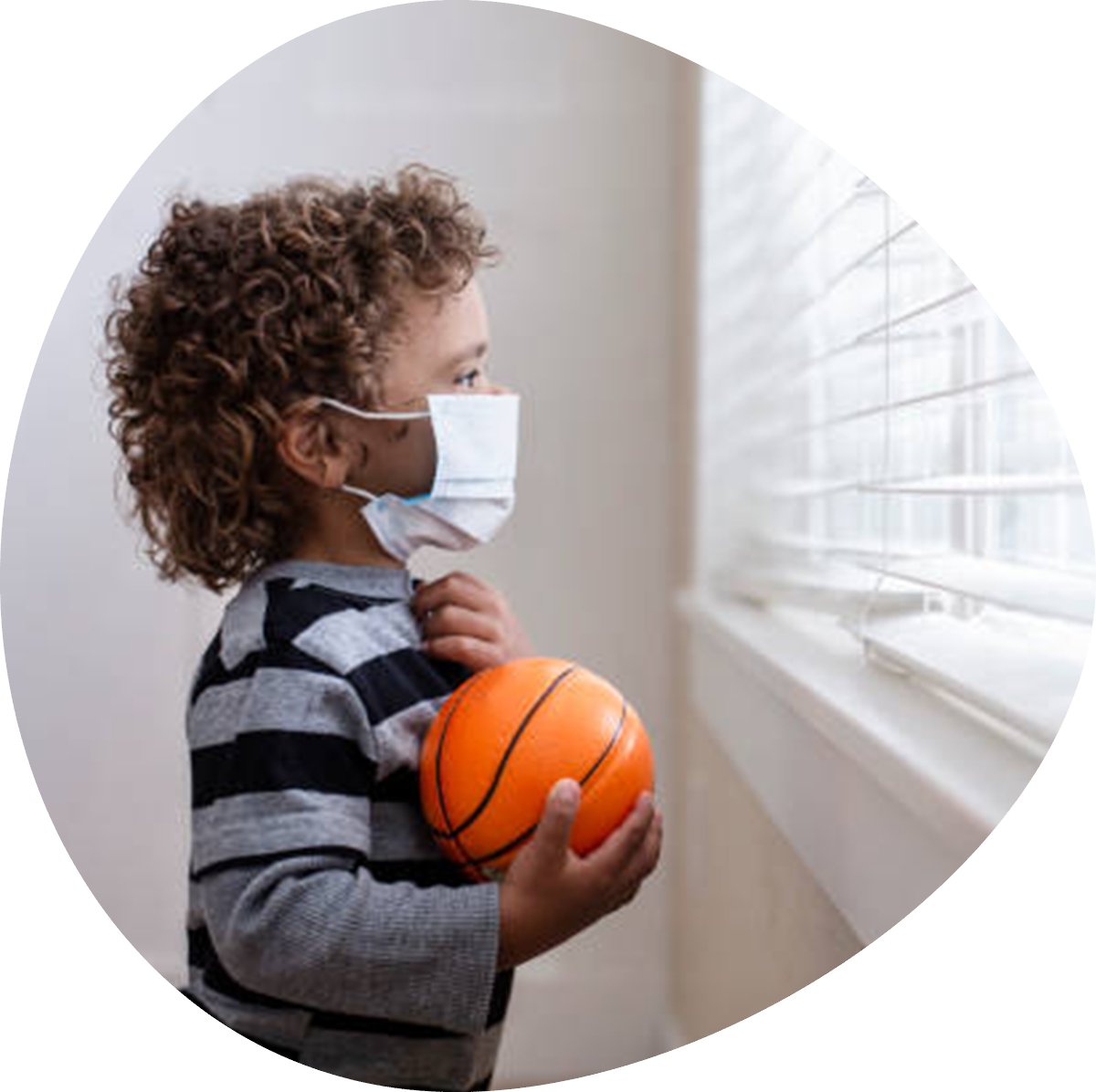What Will Happen in this Research Study?
We’ll Collect Some Data
The study team will collect information from your/your child’s routine clinical care, including laboratory test results and cardiac testing reports, such as echocardiograms (echo), electrocardiograms (ECG), and cardiac magnetic resonance imaging (MRIs).

We May Need Some Testing
Most of the information in this study will come from tests that have been ordered as part of clinical care, such as lab tests, an echo, ECG, or MRI. In some cases, you/your child may be asked to have a test done for research because that test was not a part of regular care. If you agree to a research test, it will be paid for by the study and will not be charged to you or your insurance. You do not have to agree to any testing that is not part of routine care. In other words, research tests are voluntary, and no research tests are required for you/your child to participate in this study.

We’ll See You for Clinic Visits
We will gather information about you/your child at clinic visits that usually occur about 2 weeks, 6 weeks, and 6 months after hospital discharge, at the times when you will be seeing your doctor for routine care.

We’ll be in Touch Once a Year (for 5 years)
One year after discharge from the hospital, we will look at your/your child’s medical chart and contact you to conduct a brief medical history form. We will continue to do this once a year for up to 5 years. We’ll ask about any operations, tests or times that you/your child were in the hospital, any medicines you/your child are taking, and if you/your child have developed any health problems. These questions should take about 20 minutes to complete.

There’s an Optional Opportunity….
We are trying to understand how differences in DNA (genetic make-up) can make young people susceptible to developing MIS-C or affect how sick they are. if you agree, a sample of blood or saliva will be collected from you/your child. If you/your child are unable to give blood, a sample of saliva (spit) can be given instead (blood is preferred because it is more reliable for the type of DNA testing we are performing on individuals who had MIS-C). We will also collect blood or saliva samples from biological parents for genetic research; for parents, saliva is just as good as blood for this DNA analysis. These samples from participants and their parents are optional and can be collected at any time during the study.


